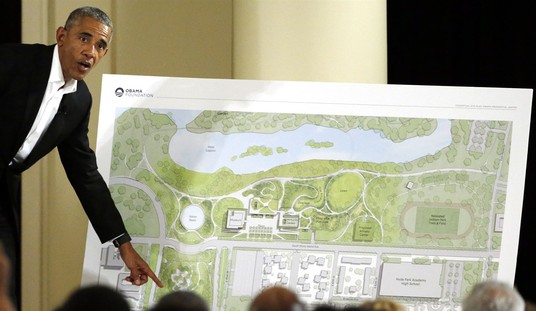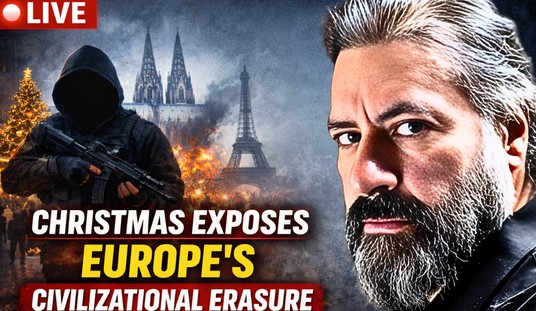On Thursday, the European Union announced that it was officially lifting its sanctions on Cuba in a move that should give hope to tyrannical dictators everywhere. The message Europe sent is that if such a dictator is belligerent enough for long enough Western democracies will eventually wear down enough to overlook almost any abuse.
In order to understand the significance of this week’s announcement one has to understand the relationship Cuba has had with Europe in the post-Soviet era.
In 1996 the European Union adopted what is known as its “Common Position on Cuba.” In a nutshell, the Common Position is “to encourage a process of transition to a pluralist democracy and the respect for human rights and fundamental freedoms, as well as a sustainable recovery and improvement in the living standards of the Cuban people.”
The Castro regime rejects the Common Position, which it characterizes as interfering with Cuba’s sovereignty. In any case, the EU set out to encourage a change from within Cuba via diplomatic and economic contacts.
During the spring of 2003 the Castro regime arrested and imprisoned 75 dissidents, opposition members and independent journalists. This coincided with the arrest and lightning-fast trial and execution of three afro-Cuban men who stole a launch in a doomed attempt to escape the worker’s paradise. This period of time has been dubbed the Cuban “Black Spring”.
In response, the Europeans placed a series of sanctions on Cuba. Although the sanctions were relatively weak (limiting diplomatic contacts, inviting of dissidents to official embassy celebrations, etc.), they were a statement nonetheless that Cuba’s actions were unacceptable.
Spain’s Socialist prime minister, Jose Luis Rodriguez Zapatero, began an effort to have the sanctions removed, and in January of 2005 they were suspended. Since then the Common Position has continued to be the de facto policy of Europe toward Cuba while the sanctions were technically still in place but indefinitely suspended. Only Europeans could come up with such confusing set of policies.
The problem for the Castro regime was that it desired normal relations with Europe so that it could benefit from an “EU economic cooperation agreement” that every other country in Latin America has. The rub has been that Cuba wants the carrot but has been unwilling to negotiate away its “right” to abuse human rights, suppress political opposition, outlaw private property, etc. It wanted something for nothing, and hid behind the argument that its sovereignty was under assault.
Exactly one year ago the European Union invited Cuba to the negotiating table stating that it “would be ready to resume a comprehensive and open political dialogue with the Cuban authorities.”
The Euros were trying to do what Barack Obama claims America should do, and what he would do if elected; to sit at the negotiating table with Raul Castro and see if the goal of transitioning Cuba from an outlaw totalitarian regime to a pluralistic democracy that respects human rights could be achieved through talks.
The answer to Europe’s offer was not “no”, but “HELL NO!”
The Foreign Ministry did not mention human rights specifically, but said the EU’s invitation for dialogue “meddles, in a slanderous way, in strictly internal Cuban affairs, making judgments and announcing unjust and hypocritical acts that Cuba considers offensive and unacceptable and rejects completely.”
Which brings us back to Thursday’s announcement. Despite the hoopla about minor changes in Cuban policies, mainly the lifting of bans on some consumer goods, the political climate in Cuba has not changed. A leading dissident on the island, Oswaldo Payá, states: “This regime has not announced any change that is significant for rights or liberty, and we know we have to conquer that ourselves.”
Notably, 55 of the original 75 dissidents arrested and imprisoned in 2003 still find themselves behind bars and the three executed would-be boat thieves are still dead. I’m sure their families understand that canceling the measures put in place to protest those actions is just a new strategy to “reason” with those that committed the injustices.
As if to taunt the European Union for its naivety and sheer stupidity, during the morning hours of Friday June 20th, Raul Castro and his merry band of thugs arrested Cuban dissident Jorge Luis Garcia Perez.
I wonder what other situations we could apply Europe’s novel approach of reward before remorse to. Perhaps Charles Manson will change his way of thinking if we only release him from prison. I’m sure he’d be quite amenable to that. After all, keeping him behind bars all these years hasn’t changed his mind.









Join the conversation as a VIP Member